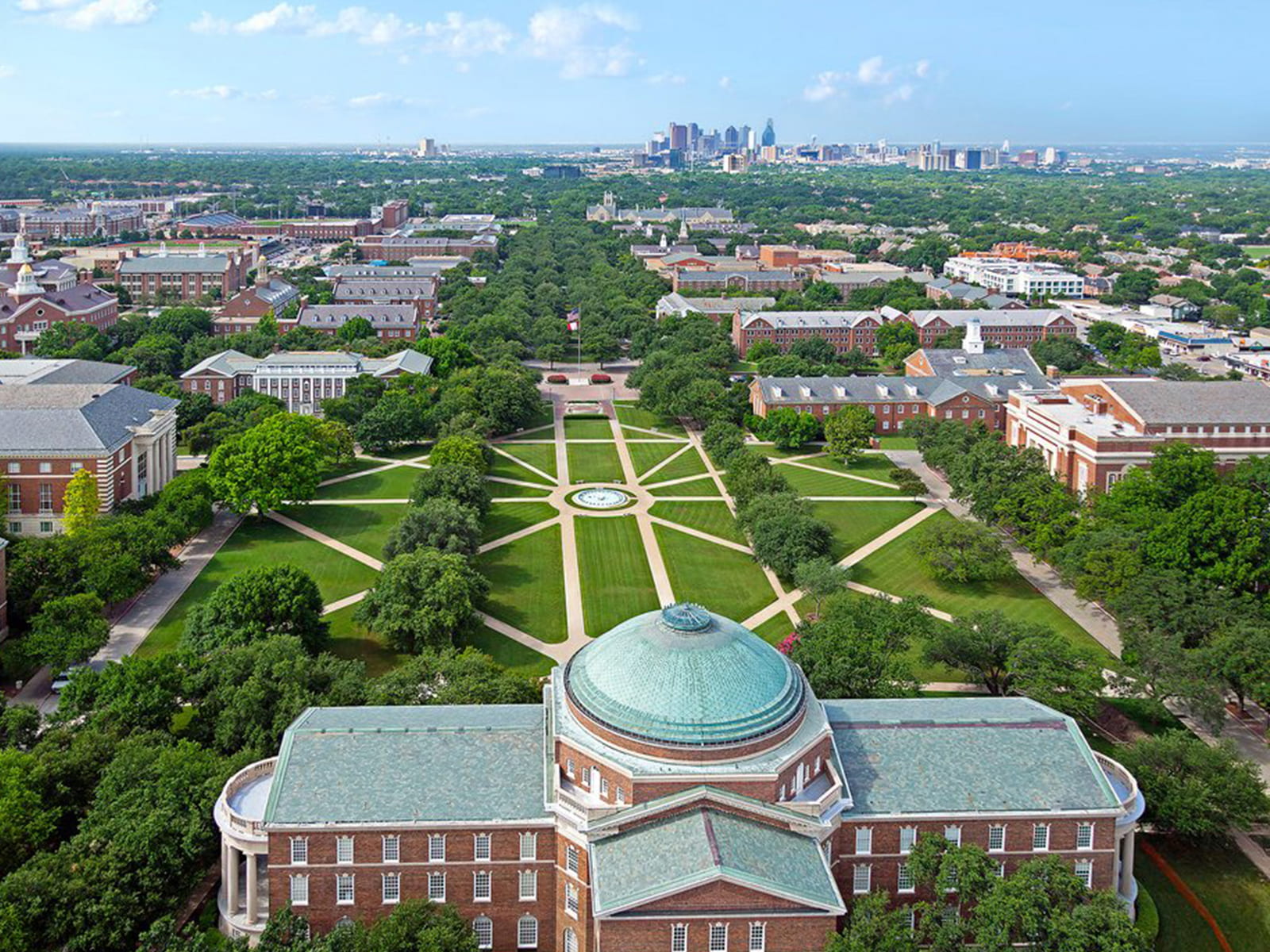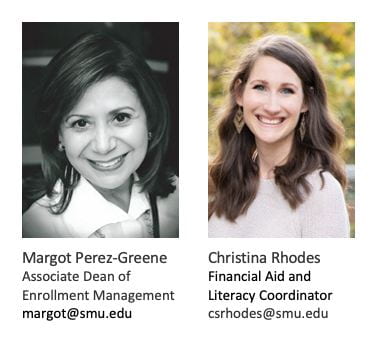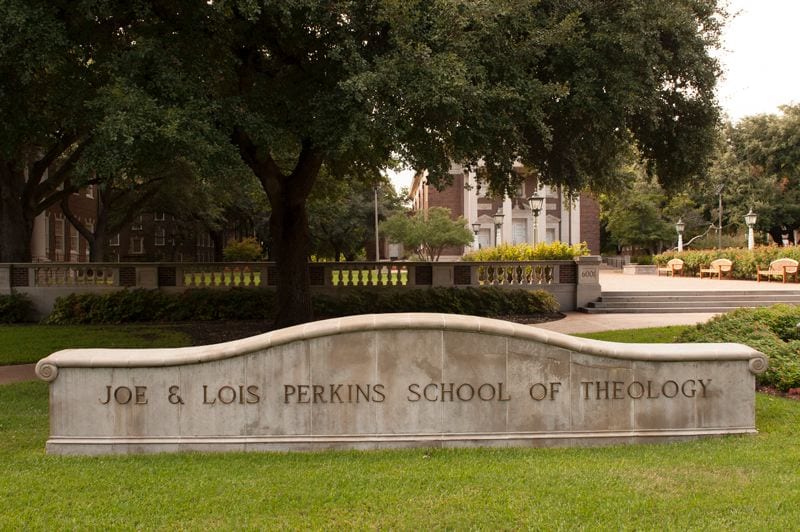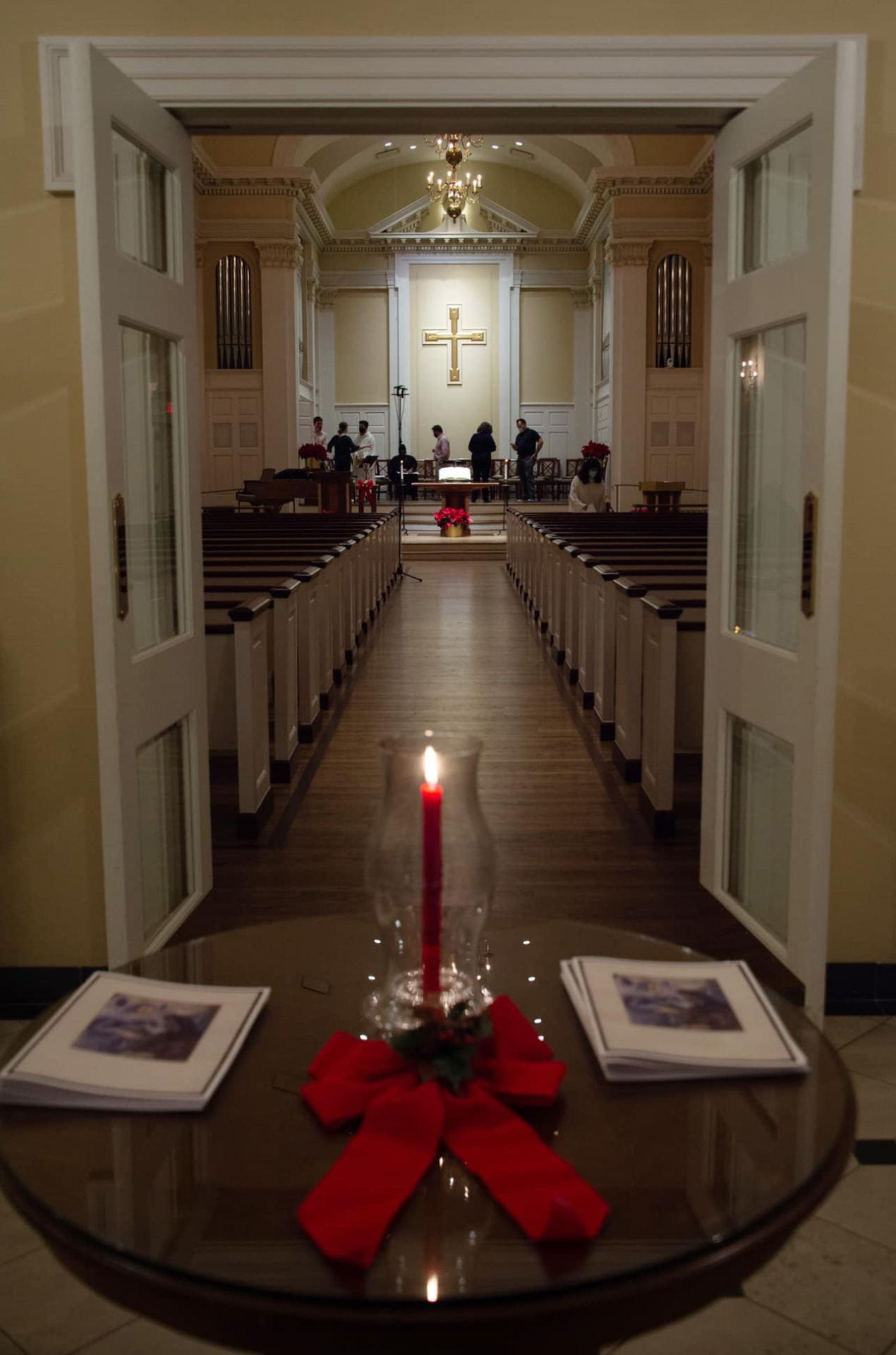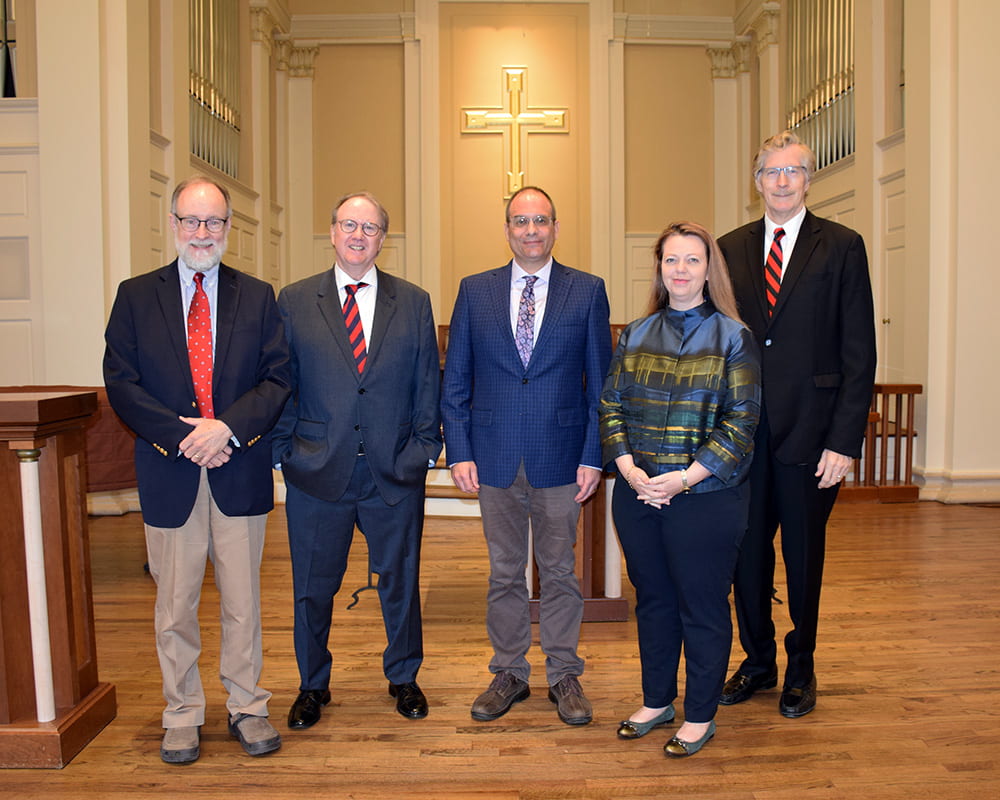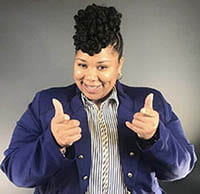“My people are destroyed for lack of knowledge.” (Hosea 4:6)
Years ago I presided at the wedding of two friends, a delightful couple who are both well known in their respective fields. Present in the congregation that day were a number of prominent persons whose names you would almost certainly recognize.
I had been asked to preach a wedding sermon, which is a somewhat unusual request. What surprised me afterward were the comments I received from a number of those eminent attendees. It’s not that they were negative. Quite the opposite: they were overly positive. The sermon was fine, I suppose, but nothing exceptional. It dawned on me that the bar I had needed to clear was set incredibly low. I was saddened to realize how little they expected of a preacher.
I have taught in a great many churches over the past 40+ years. Being human, I appreciate postive feedback when it comes. At times, however, the experience is rather like that described above. I hasten to say that the comments are not about the style of presentation but rather about the content. I am not talking about anything particularly esoteric, unusual, or controversial. The same information would be offered in a New Testament Introdicton course taught by any of my colleagues at this and previous schools. Eventually, someone will say, “I have been in this church for 20+ years. Why haven’t I heard this before?” Why, indeed?
Based on personal observation, I’d say one explanation is that a good percentage of seminary graduates shy away from teaching. Among the reasons:
- It’s somebody else’s job.
- Not being subject experts, they lack confidence. (Trust me, all teachers at times expose their ignorance. Q&A in particular is a minefield for those of us with a less than stellar memory.)
- It can take a lot of time to do well.
- Pastors might suppose that persons in their congregation would be…
- Incapable of understanding.
- Challenged and offended if they did understand.
- Oppositional and divisive from that point on (assuming they don’t just leave).
Too easily, serious theological study becomes the province of an elite, self-protective class, and the church, in reaction and result, becomes increasingly suspicious of academic theology and, forgive me for saying it, increasingly ignorant. As I observed 26 years ago in a sermon at another theological school, “Few Christians are equipped to think Christianly at a very high level. Among other things, this intellectual disengagement has cost the church much of its cultural influence. Why should society listen to us when the public face of Christianity is so obviously banal, uninformed, and even ridiculous?”
To be clear, I do not expect our congregants to be Aquinas. This is not intellectual snobbery. It is in fact the opposite: it is about respecting the capacity of fellow Christians to think for themselves. In my experience, most people hunger to be taken seriously as adult learners. They do not want condescension; they want substance.
The widespread lack of intellectual engagement is evident in current debates about human sexuality, among other things. The depth and quality of arguments is often exceedingly low, descending to the level of today’s debased political discourse. Issues are grossly oversimplified, most often in the form of dualism, resulting in the ultimate binary: us versus them. Thinking this way is both easy and comfortably self-affirming. It is also incredibly dangerous. Most of the worst ideas ever foisted upon humankind–ideas such as Marxism and Nazism that cost the lives of tens of millions–were binary and self-authenticating. It takes education, which comes in many forms, to engage the world in its true complexity. It also takes honesty and humility.
Returning for a moment to that theological school sermon:
In chapter four of Hosea, the prophet announces, literally, God’s lawsuit against Israel.
1 Hear the word of the LORD, O people of Israel;
for the LORD has an indictment against the inhabitants of the land.
There is no faithfulness or loyalty,
and no knowledge of God in the land.
No knowledge of God in the land. To what result?
2 Swearing, lying, and murder,
and stealing and adultery break out;
bloodshed follows bloodshed.
3 Therefore the land mourns,
and all who live in it languish;
together with the wild animals
and the birds of the air,
even the fish of the sea are perishing.
Whose fault is it? The corrupt rulers? The indifferent populace?
4 Yet let no one contend,
and let none accuse,
for with you is my contention, O priest.
5 You shall stumble by day;
the prophet also shall stumble with you by night…
6 My people are destroyed for lack of knowledge…
We need to provide our people with tools for solid and faithful, discerning and critical engagement with our tradition. Otherwise, God might well say to us, “With you is my contention, O clergy, O professor, O dean.”
How are people to believe with life-directing conviction if all they know is a vacuous and inarticulate religion? How are they prepared to wrestle with reality in all its messiness if all they have are pat answers? So many have given up on the church precisely because it did not acknowledge and help them to deal with what Karl Barth famously called the “shadow side of creation.” Pictures of roses are lovely, but actual roses have thorns. Again and again, reality proves itself more complicated, more intractable and more surprising than our ideas about it.
I do not mean to sound scolding. Indeed, a fair share of blame can and should be leveled at theological schools for not doing enough to equip and to encourage the ministry of teaching, among their students but also in the wider church. Perkins itself is not an ivory tower, high above, walled off from and oblivious to the church. Yet, for all it does to meet these needs, more must be done.
We don’t need Christians throwing grenades at each other from entrenched positions, unwilling to think beyond simple dualisms, unwilling to wrestle with complexity. Just as a democracy requires an educated citizenry to survive and thrive, the church needs well-informed Christians, persons who can, as Charles Wesley put it, “unite the two so long disjoined, knowledge and vital piety.” Each–knowledge and piety, head and heart–is required to instruct and to temper the other. They are the double helix of Christian life.
Does it seem at times as though, to quote Hosea, “There is no…knowledge of God in the land”? By God’s grace, it is within our power to do something about that.
Thank you for all that you are already doing to raise up thoughtful believers, persons for whom all knowledge is in effect theological knowledge, relevant to faith. Permit me here to challenge myself, Perkins School of Theology, and you to consider what more we might do.

